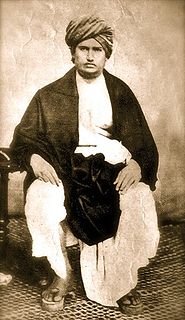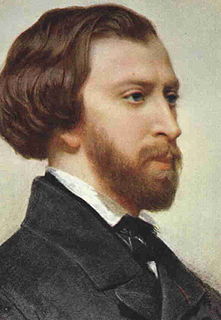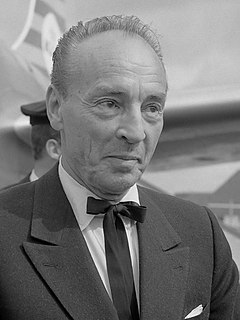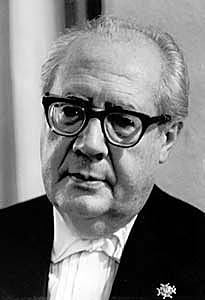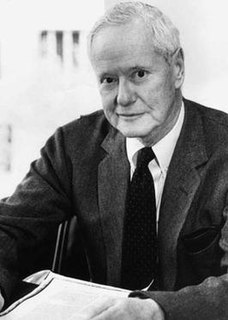Цитата Ральфа Уолдо Эмерсона
Основная добродетель учителя [состоит] в том, чтобы защитить ученика от его собственного влияния.
Темы цитат
Связанные цитаты
Часто ничто не удерживает ученика в движении, кроме веры в своего учителя, мастерство которого теперь начинает до него доходить… Как далеко пойдет ученик, это не забота учителя и учителя. Едва он указал ему правильный путь, как он должен позволить ему идти одному. Есть только одна вещь, которую он может сделать, чтобы помочь себе вынести свое одиночество: он отвращает его от себя, от Учителя, увещевая его идти дальше, чем он сам прошел, и «взобраться на плечи своего учителя. "
Единственная надлежащая, нравственная цель правительства состоит в том, чтобы защищать права человека, что означает: защищать его от физического насилия, защищать его право на собственную жизнь, на его свободу, на его собственность и на осуществление его собственных интересов. счастье. Без права собственности никакие другие права невозможны.
Любое знание, которое ученик сам приобрел, любая проблема, которую он сам решил, становится, благодаря завоеванию, гораздо более полно его, чем это могло бы быть в противном случае. Предварительная активность ума, которую предполагает его успех, необходимая для этого концентрация мысли и возбуждение, вызванное его победой, сговариваются, чтобы запечатлеть факты в его памяти таким образом, что никакая простая информация, услышанная от учителя или прочитанная в учебник, можно зарегистрировать.
Учитель, который может показать хорошие или даже поразительные результаты, когда он учит, еще не является хорошим учителем, потому что может случиться так, что, пока его ученики находятся под его непосредственным влиянием, он поднимает их на уровень, который недостижим. естественны для них, не развивая их собственных способностей для работы на этом уровне, так что они сразу же снова отказываются, как только учитель покидает классную комнату.
Человек рожден быть танцором. Никакой учитель не может творить чудеса, и годы обучения не сделают из бездарного ученика хорошего танцора. Можно приобрести определенные технические возможности, но никто никогда не сможет «приобрести исключительный талант». Я никогда не гордился тем, что у меня необычайно одаренный ученик. Павлова не чья-то ученица, а Божья.





